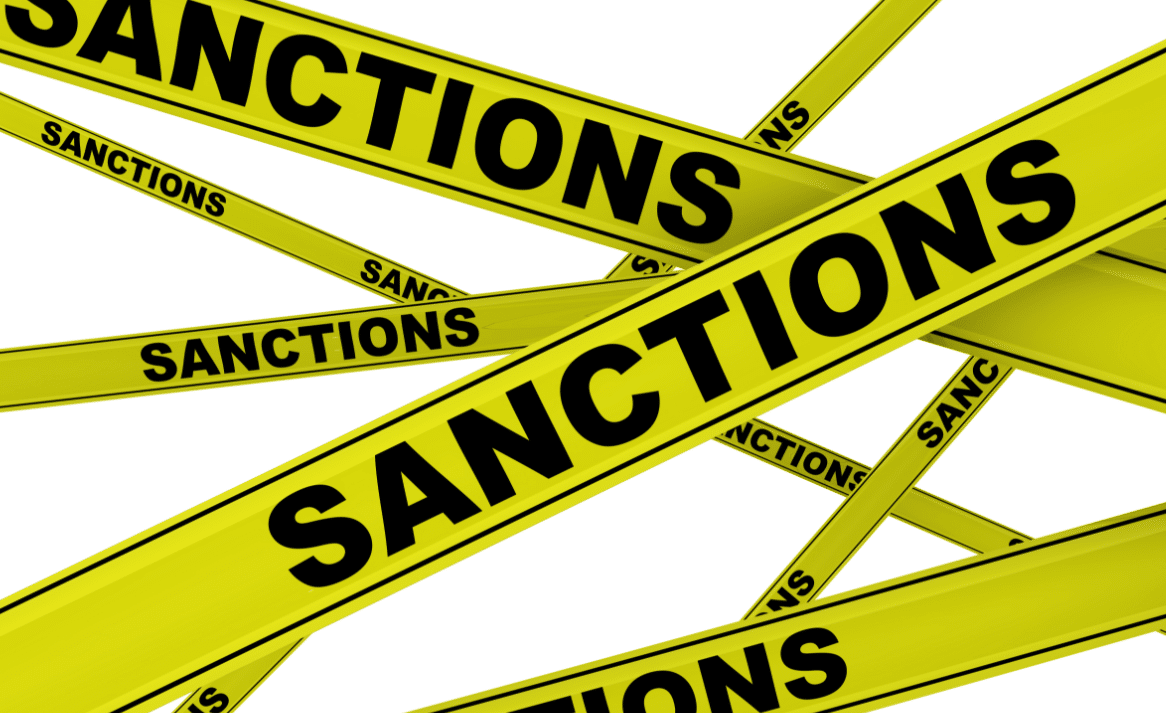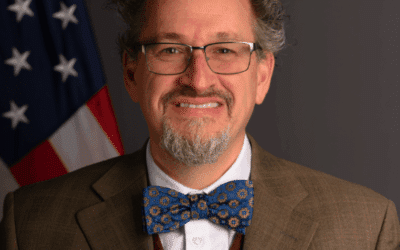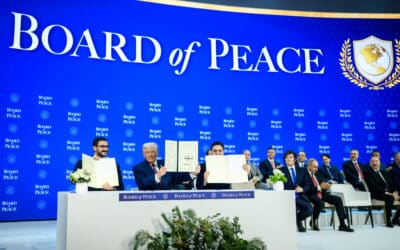Ron Paul, the libertarian leaning former Texas congressman and GOP candidate for president, has always maintained that sanctions are acts of war. The Lancet Global Health recently published a study that proves him right.
Economists Mark Weisbrot, Francisco Rodríguez, and Silvio Rendón have found that the yearly total excess human death toll associated with economic sanctions across the world is roughly equivalent to the annual human death tolls of active wars and combat. In fact, the research reveals that on average, the civilian deaths caused by sanctions exceed battle-related casualties in kinetic conflicts each year.
According to the study, the worst effects on populations across various age groups are caused by unilateral US and EU sanctions against targeted countries. The researchers argue that “unilateral sanctions imposed by the USA or the EU might be designed in ways that have a greater negative effect on target populations.” UN sanctions, they add, “have been framed as efforts to minimise their impact on civilian populations, although the extent to which they have achieved this goal remains debated.”
In the period of 2012–2021, for example, the average yearly death toll of unilateral sanctions worldwide was 564,258. The study also notes that most of the civilian deaths attributable to sanctions between 1970 and 2020 were children less than 5 years old.
Economic and unilateral sanctions kill the most vulnerable members of a population, including primarily children, the elderly, and the sick. The press release announcing the study, published by the Center for Economic and Policy Research, states, “The researchers studied sanctions’ effects on age-specific mortality rates. They found that children under five made up 51 percent of total deaths due to sanctions over the 1970–2021 period. Most deaths (77 percent over the same period) were aged 0–15 and 60–80.”
The press release continues, “The study is the first to systematically examine the effects of sanctions on age-specific mortality in cross-country data using methods designed to address causal questions on observational data.”
The researchers conclude that “the effects of sanctions on mortality generally increase over time, with longer-lived sanctions episodes resulting in higher tolls on lives.”
Washington has imposed brutal “maximum pressure” or “crippling” sanctions on poor countries across the world, among them Venezuela, North Korea, Syria, Iraq, Afghanistan, and Cuba. Over the years, it has been documented that these sanctions have contributed to the preventable deaths of tens of thousands, and in some cases hundreds of thousands, of people in Venezuela and Iraq alone.
The US also imposes extensive sanctions on more powerful countries than those listed above, such as Russia and Iran. By cutting off the possibility of economic cooperation and interdependence, war has resulted in both cases in the last three years.
In 2021, erstwhile Secretary of State Antony Blinken declared that Washington was absolutely committed “to [opposing] the reconstruction of Syria” absent regime change. To that end, the US implemented a callous sanctions regime on Syria using the bipartisan Caesar Act, a law which applied to any person or entity of any nationality that attempted to do business with the war-torn country. These sanctions deliberately targeted the country’s engineering and construction sectors.
As a result, the civilian population was devastated. In 2022, Alena Douhan, a UN special rapporteur on unilateral coercive measures, visited Syria. She explained at the time that the sanctions “severely harm human rights and prevent any efforts for early recovery, rebuilding and reconstruction.”
Douhan stressed that “12 million Syrians grapple with food insecurity” and “90% of Syria’s population currently lives in poverty,” with limited access to food, shelter, water, electricity, healthcare, heating, cooking, fuel, and transportation. Partly as a result of the bipartisan economic war on Syria, Al Qaeda offshoots were able to seize Damascus and take over the country. Since then, sectarian violence has seen thousands of civilians slaughtered.
The use of sanctions, largely spearheaded by the US, has spread across the world over the last several decades. The Lancet study continued, “25% of all countries [were] subject to some type of sanctions by either the USA, the EU, or the UN in the 2010–22 period, by contrast with an average of only 8% in the 1960s.”
Rodríguez insists the entire policy of economic warfare must be reevaluated. “We have seen economic sanctions — especially those imposed by the US — contribute substantially to economic collapse in targeted countries, such as Venezuela… Sanctions often fail to achieve their stated objectives and instead only punish the civilian populations of the targeted countries. It is well past time that the US, EU, and other powerful actors in the international community seriously reconsider this cruel and often counterproductive mechanism.”
































